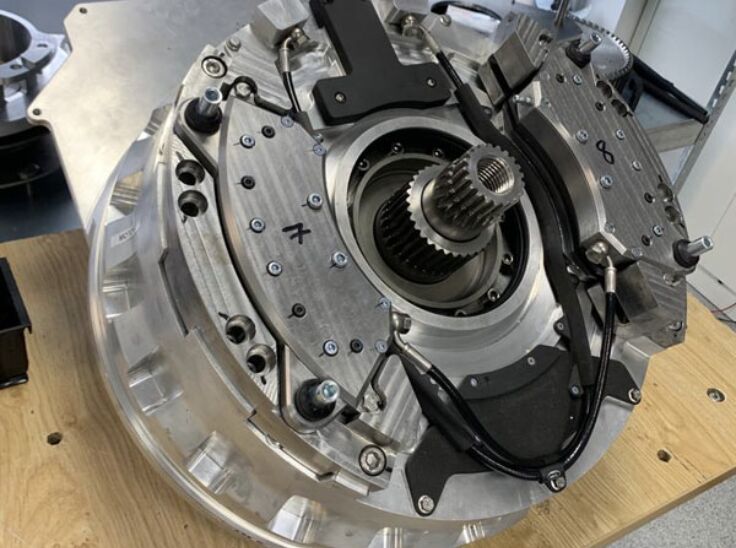DG Innovate plc (LON:DGI), the advanced research and development company developing pioneering solutions in sustainable mobility and energy storage, has provided an update on recent developments regarding the Company’s energy storage activities. Following the commissioning of a jet mill and furnace, as announced on 7 February 2024, DGI’s material science team have now developed a range of enhanced hard carbon anode materials from a variety of novel sustainable feedstocks.
One of these feedstocks, a sustainable biowaste material with significant global availability, has shown particularly attractive properties. A demonstrator project commenced at the beginning of October 2024 with Swansea University to produce full cells showcasing this DGI anode material. The Company is now in discussions with a number of overseas investment bodies regarding significant potential project funding to accelerate scale-up workstreams. The Company looks forward to providing further updates on its sustainable battery technology in due course.
In addition, an international patent was published in August 2024 to protect the manufacturing process of one of the other feedstocks developed through DGI’s research. (Patent: WO2024170916A1·”Method of manufacturing a carbon material for use as a battery electrode”:
Commenting, Peter Bardenfleth-Hansen, CEO of DG Innovate said: “While a great deal of focus has been placed on the ongoing commercialisation efforts for our novel Pareta® e-drive technology, the energy storage team have been working diligently on sustainable anode materials to disrupt the current battery supply chain. We are extremely excited by the potential demonstrated to date and firmly believe that DGI can be an integral part of delivering greener batteries for the energy transition.”
Commenting, Dr Chris Kavanagh, Head of Energy Storage at DGI, said: “This patent is the culmination of years of hard work and collaborations on half a dozen Innovate UK projects. This has made a name for DGI and its subsidiaries in the battery sector. We are proud of our achievements to date and see a promising green future utilising our novel anode materials.”








































